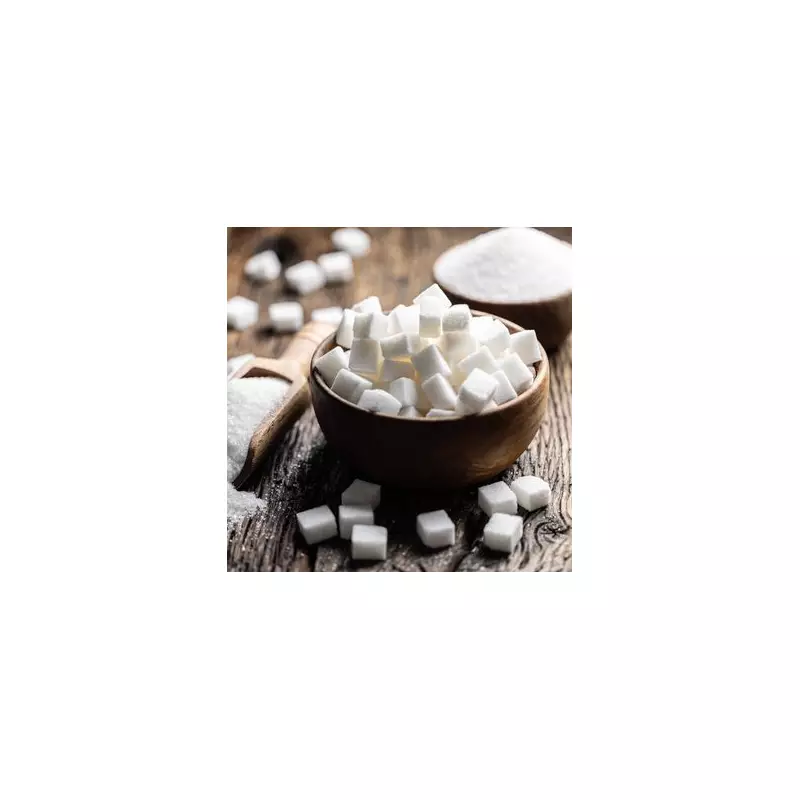
Are you unknowingly consuming too much sugar? A leading gut health expert has devised a simple three-question test to help Britons determine if their sweet intake has crossed into unhealthy territory.
The Gut Health Doctor's Warning
Dr Megan Rossi, known as the Gut Health Doctor and followed by over 540,000 people on Instagram, has highlighted the crucial difference between types of sugar in our diets. She explains that while naturally occurring sugars found in whole fruits, vegetables and fermented dairy are beneficial, added sugars frequently hidden in ultra-processed foods pose significant health risks.
"Sugar gets a bad rep on social media, but it's not as simple as saying 'sugar is bad'," Dr Rossi commented. "In fact, cutting out all sugar from your diet is actually much worse for both your gut and overall health."
The Three Revealing Questions
Dr Rossi suggests asking yourself these three questions to evaluate your sugar habits:
Are your sugar cravings intense and happening often?
Have you noticed your sweet tooth creeping up (for example, needing more sugar in your tea)?
Are sugary snacks replacing nutrient-rich meals?
"If you answered yes to the above, switch your sugar sources to the second category instead of attempting to cut out all sugar," she advises, referring to naturally occurring sugars rather than added varieties.
Understanding The Health Consequences
The NHS confirms that excessive sugar consumption leads to increased calorie intake and weight gain, raising risks for heart disease, some cancers and type 2 diabetes. Sugar also remains one of the primary causes of tooth decay.
Research evidence strongly supports these concerns. A 2014 study published in JAMA Internal Medicine, led by Dr Hu, found that people consuming 17-21% of their calories from added sugar had a 38% higher risk of dying from heart disease compared to those consuming only 8%.
"Basically, the higher the intake of added sugar, the higher the risk for heart disease," warns Dr Hu.
More recent research from 2023 revealed 'significant harmful associations' from dietary sugar consumption across multiple health outcomes. The study found that each 250mL/day increase in sugar-sweetened beverage consumption was associated with a 17% higher risk of coronary heart disease and 4% higher risk of all-cause mortality.
The evidence supports recommendations to reduce free sugars or added sugars to below 25g daily (approximately six teaspoons) and limit sugar-sweetened beverages to less than one serving per week.
Dr Rossi emphasises the importance of not eliminating all sugars, warning that completely sugar-free diets can harm both gut and overall health. "From poor skin and mental health to a slower metabolism, these are all potential consequences of going 'sugar-free'," she explains, noting that such diets deprive your microbiome of beneficial anti-inflammatory and antioxidant chemicals found in whole plant foods and fermented dairy.






